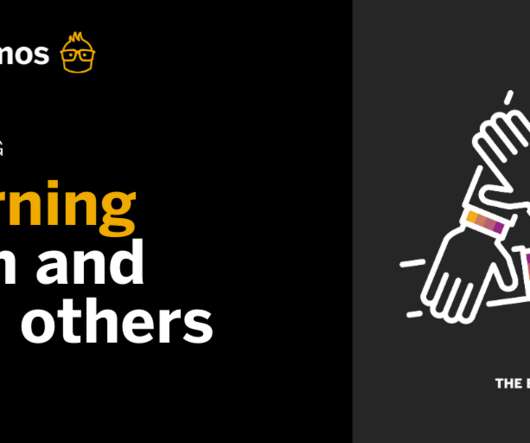From Instructional Design to Enterprise Community Facilitation
ID Reflections
AUGUST 13, 2011
An instructional designer by profession who started her career anlayzing learner needs, creating micro-design documents, writing story-boards and discussing the nitty-gritty of course navigation with visual designers, I have long been interested in the power of social, collaborative and informal learning.



































Let's personalize your content